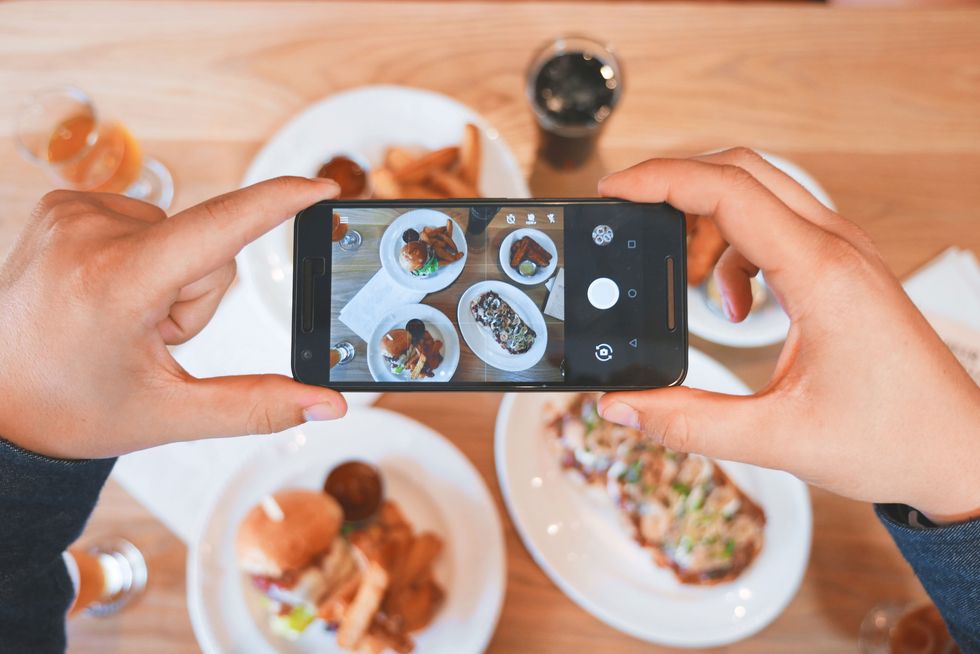In the past 5 years, Instagram has taken off to be an entity much larger than I think anyone would have ever expected. It has become more than just a social media platform; it has become a community.
With this community of over 800 million people, there are two very distinct sides when it comes to diet culture and weight-loss programs. These two sides are body positivity and body manipulation.
I have run a food and lifestyle blog/Instagram for over two years and in these two years I have experienced both of these sides portrayed through Instagram. I have followed accounts that have been about strictly counting your calories and macros, have documented their body transformation (when they were thin in the first place), and have scrutinized other Instagrammers for their food habits.
On the other side of this, and the only accounts that I will follow now, are people who support intuitive eating, never calorie counting, and make sure to remind people that their weight is the LEAST interesting thing about you.
These people running these accounts strive to remind people that food is fuel, rather than something that will make you lose/gain weight. This side of Instagram is what helps people suffering from eating disorders, rather than fueling them.
Despite this, the message of dieting and manipulating your body is often the one that wins out. “Instagram Models” have a lot to do with why this is.
The rise of Instagram also led to the rise of what we called “Instagram Models” as well as “Instagram Influencers.” These people have a large following, an aesthetically pleasing page, and more often than not, a rockin’ bod. Inherently, this isn’t a bad thing. We, as humans, are attracted to attractive people. Where this does go wrong is when weight-loss programs, weight-loss products, and other people supporting different types of diets get into contact with these people and offer them pay to get their message across.
We also run into issues with how the public perceives and idolizes these people for only their bodies. Not only is it bad for the self-esteem of the people viewing the account, but also for the mental health of the person running the Instagram account.
The people that promote these products are usually attractive, with what we would consider “the perfect body” and the products are almost always diet related in some way. This enforces the idea in the consumers mind that in order to reach this ideal body (that most likely isn’t real) you must use this product.






 The minimum wage is not a living wage.
StableDiffusion
The minimum wage is not a living wage.
StableDiffusion
 influential nations
StableDiffusion
influential nations
StableDiffusion







